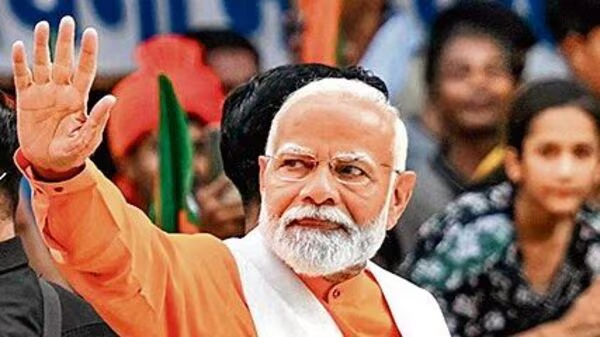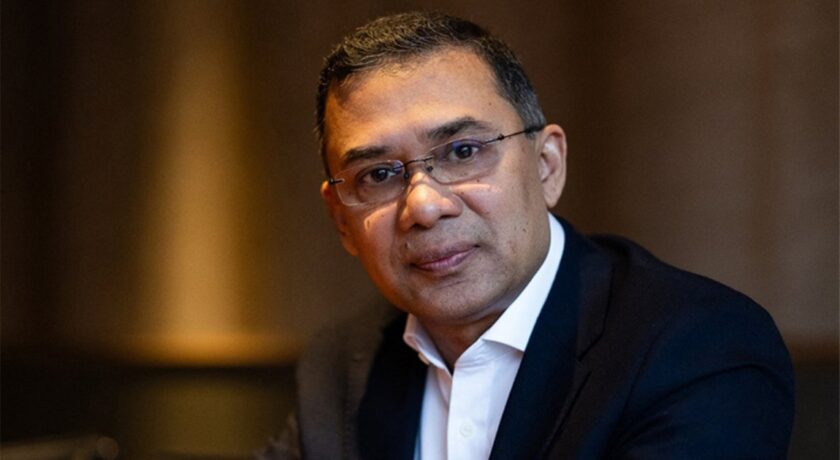Tel Aviv – Israel’s Defense Minister, Israel Katz, issued a stern warning to the Houthi rebels in Yemen, declaring that Israel would destroy their infrastructure and “decapitate” their leadership. This marks the first public acknowledgment of Israel’s involvement in the assassination of Hamas leader Ismail Haniyeh, further intensifying the ongoing Middle Eastern conflict.
Speaking at a memorial service for local security personnel, Katz stated, “We will hit [the Houthis’] strategic infrastructure and decapitate its leaders. We will treat Hodeidah and Sanaa the same way we treated Haniyeh, Sinwar, and Nasrallah in Tehran, Gaza, and Lebanon.”
The remarks come after a series of high-profile assassinations carried out by Israel, including the targeted killings of key figures such as Fuad Shukr, a senior Hezbollah commander, and Ismail Haniyeh, the military leader of Hamas. These attacks are part of Israel’s broader strategy to eliminate what Katz called the “axis of evil” in the Middle East, which also includes the overthrow of the Assad regime in Syria.
In addition to the warning against the Houthis, Katz’s speech highlighted Israel’s broader regional ambitions. “We have overthrown the Assad regime in Syria, we have dealt heavy blows to the ‘axis of evil,’ and we will also severely strike the Houthi terror organization in Yemen, which remains the last one standing,” he said.
The statement was accompanied by an acknowledgment of the strategic significance of these operations. Katz’s comments underscore Israel’s readiness to escalate its military actions across the region, particularly against groups backed by Iran, such as the Houthis in Yemen and Hezbollah in Lebanon.

Israel’s involvement in these assassinations has sparked considerable international controversy. The Iranian Revolutionary Guards (IRGC) had previously accused Israel of carrying out the assassination of Hamas leader Ismail Haniyeh in a missile strike, which they claim was supported by the United States. The IRGC vowed to avenge Haniyeh’s death and warned of “severe punishment” for Israel at an “appropriate time and place.”
The political and military landscape in the Middle East remains volatile, with these developments signaling the potential for further escalations in the ongoing proxy wars. The international community is closely watching how these new threats from Israel will affect the delicate balance of power in the region.
As Israel prepares for possible strikes against the Houthis, the implications for regional security remain uncertain. Katz’s speech suggests a broader strategy of preemptive action to eliminate perceived threats, but it also risks exacerbating tensions with Iran and its allies, further complicating the already fragile geopolitical situation in the Middle East.
This marks a new chapter in Israel’s assertive approach to regional security, with its actions in Syria, Gaza, and Lebanon setting the stage for what could be an extended conflict in Yemen. As the situation evolves, the world watches for the next moves in the region’s complex and dangerous geopolitical chessboard.









